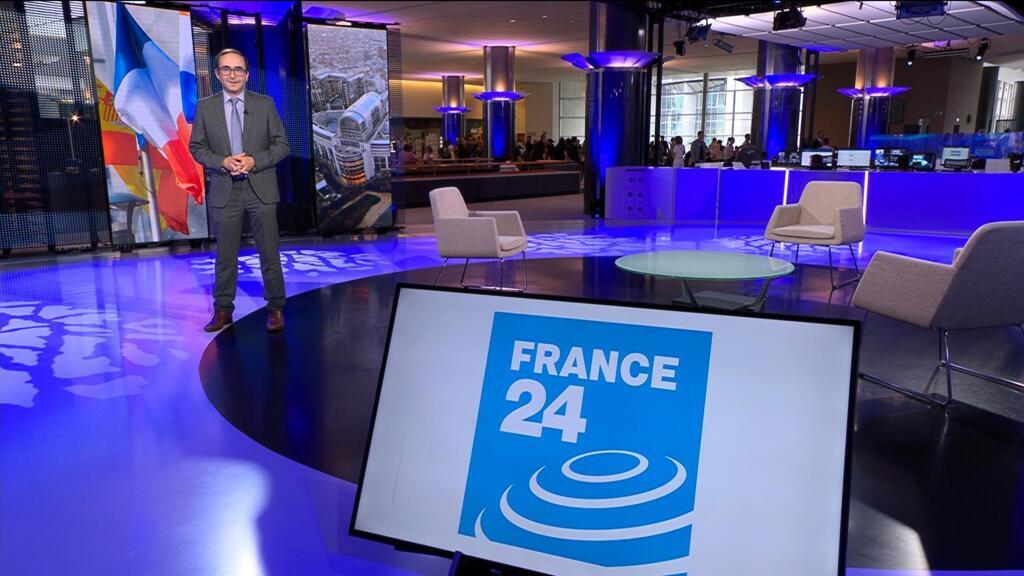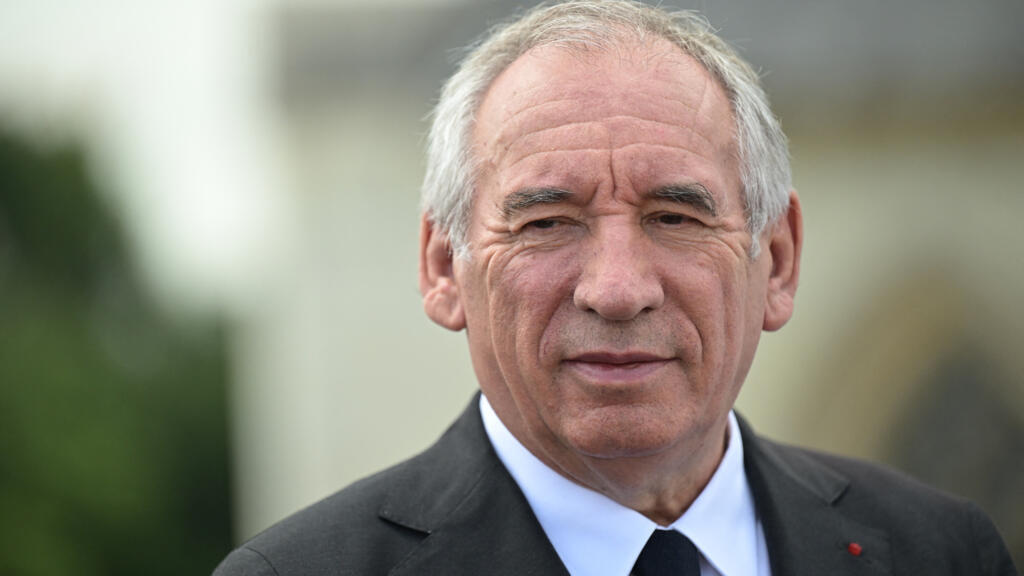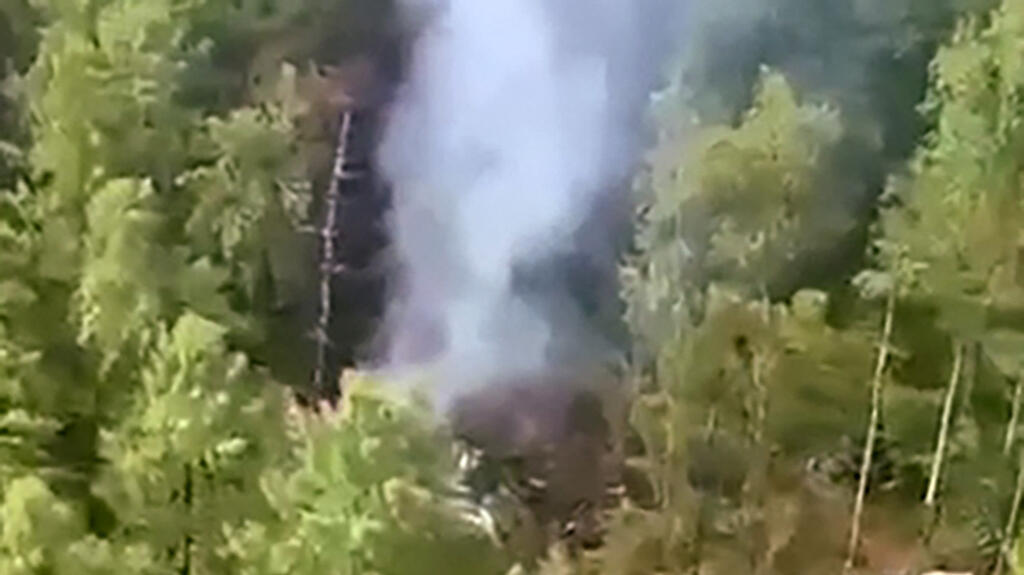As the political season in Europe comes to a close, a series of interviews highlights insights from key figures who shape the continent's direction. This showcase reflects on the pivotal issues that have dominated the political agenda over the past year, providing a comprehensive overview of the challenges and opportunities facing Europe.
One of the central themes discussed is competitiveness and simplification. Leaders emphasize the need for European economies to innovate and adapt to ever-changing global markets. Countries are being encouraged to streamline regulations that stifle business growth and to create an environment where entrepreneurship can flourish. Simplification of processes is critical, especially for small and medium-sized enterprises (SMEs), which form the backbone of the European economy. The interviews articulate a collective ambition to enhance Europe's competitive edge on the world stage, ensuring it remains an attractive destination for investment.
Corporate responsibility also emerged as a significant topic among the interviews. European leaders recognize that businesses must play a pivotal role beyond merely pursuing profit. They discuss the importance of sustainable practices and ethical governance in fostering trust with consumers and stakeholders. The accountability of corporations in tackling issues like climate change and social inequality is deemed essential for long-term success. The urgency of transitioning to a sustainable economy is highlighted, with discussions centering on how businesses can contribute to environmental goals while driving economic growth.
The issue of disinformation continues to plague the European political landscape. Leaders are increasingly concerned about the impact misinformation has on public opinion and the democratic process. Interviews reveal a call for stronger regulatory frameworks to combat false narratives and enhance media literacy among citizens. Leaders believe that fostering informed electorates is crucial for the health of democracy, especially in an era where social media can amplify misleading information more rapidly than ever before.
Another significant topic revolved around the "Choose Europe" initiative, which focuses on bolstering research and innovation across the continent. The interviews underscore the importance of collaboration among EU member states in driving scientific advancement and technological breakthroughs. By pooling resources and expertise, European nations aim to position themselves as leaders in innovation, crucial for competing with other global powers such as the United States and China. The initiative seeks to provide a framework for funding and support for groundbreaking research projects that can address both current and future challenges.
The geopolitical landscape is also a focal point in these discussions, particularly with regard to the ongoing conflict in Ukraine. European leaders express solidarity with Ukraine and emphasize the necessity of a united response to aggression and the promotion of stability in Eastern Europe. The implications of the war extend beyond immediate military concerns, affecting energy security, trade relationships, and refugee crises within the EU. The interviews reflect a consensus on the need for strategic resilience and a cohesive foreign policy to navigate the complexities posed by the conflict.
Additionally, the influence of the Trump presidency resonates throughout the conversations. Many interviewees reflect on how Trump's policies and approach to international relations have shaped Europe's political landscape. The continuation of transatlantic partnerships is discussed, alongside the need for Europe to assert its autonomy while maintaining beneficial relationships with the U.S. Leaders stress the importance of balancing national interests with collaborative efforts to address global challenges.
In summary, as Europe faces a complex array of challenges, these interviews provide critical insights into the perspectives of its leaders. From fostering competitiveness and corporate accountability to combating disinformation and reinforcing geopolitical alliances, the overarching narrative is one of transformation and resilience in a rapidly changing world.
```











